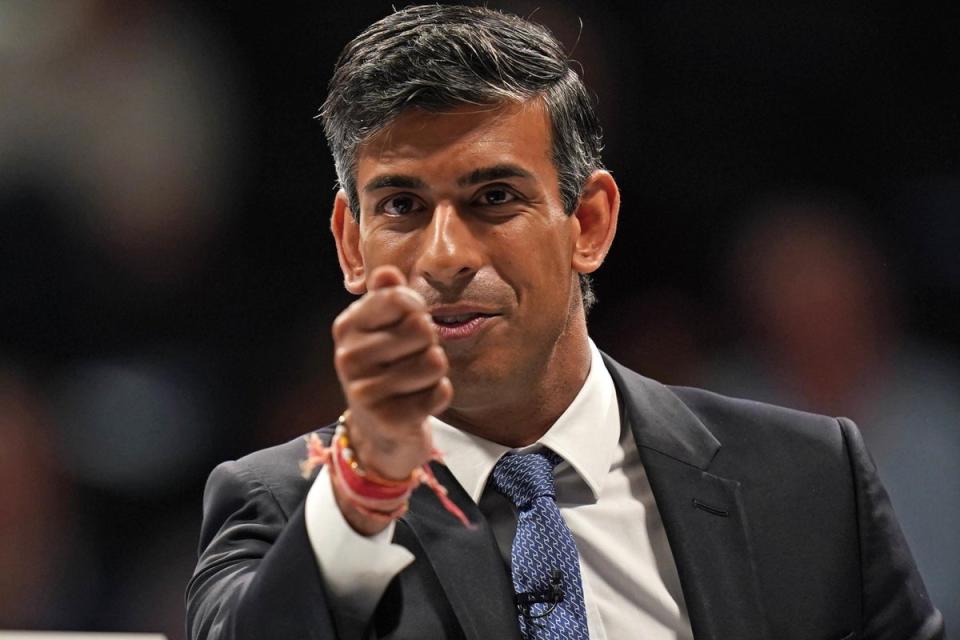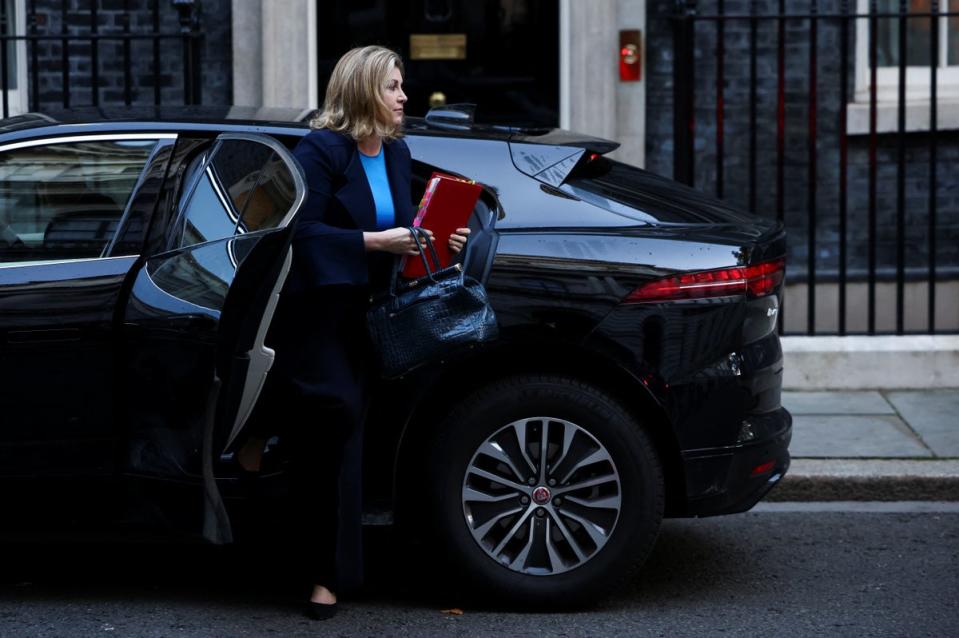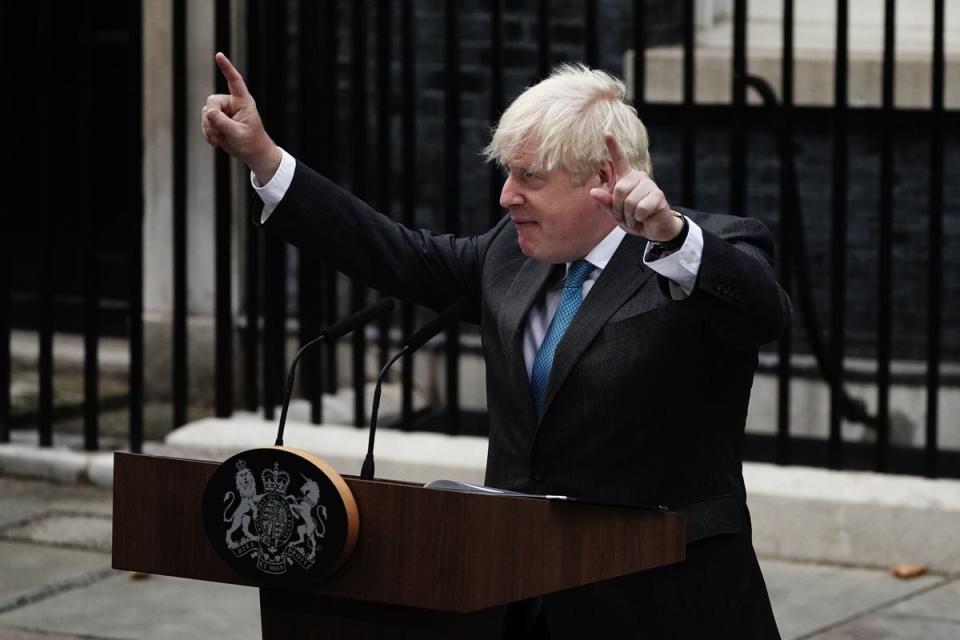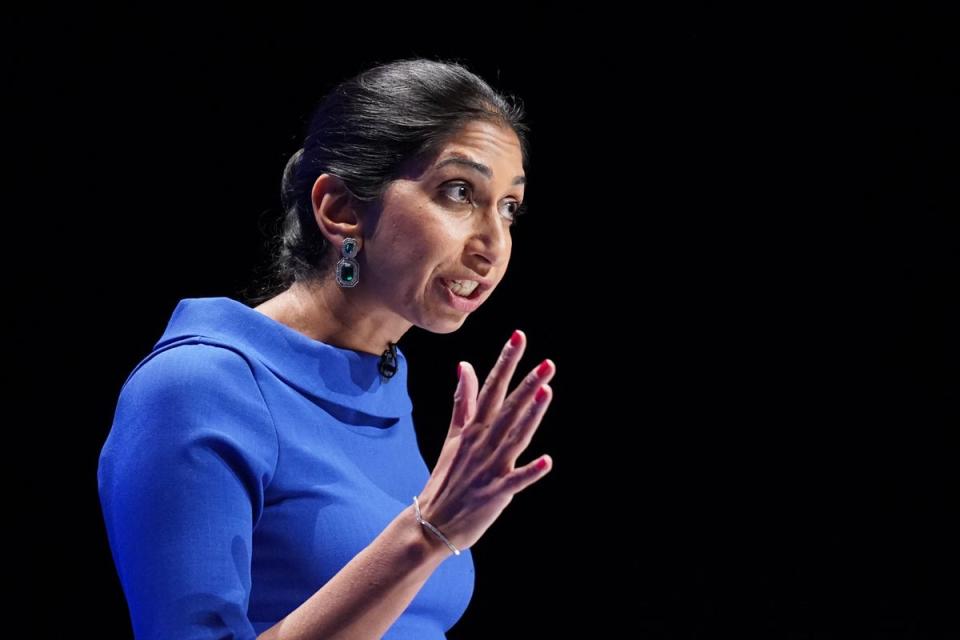Who will be next Prime Minister? The runners and riders after Liz Truss resigns
Liz Truss’s decision to quit has brought and end to her short and turbulent Premiership, but it sparks a week long scramble to elect a successor who faces the mammoth task healing the deep divisions in the Conservative Party in time for a General Election.
With Chancellor Jeremny Hunt ruling himself out here are the main runners and riders who could become Britain’s next PM by October 28.
Rishi Sunak

The former Chancellor lost to Ms Truss in this summer’s bitter and protracted battle for the Tory crown but was the clear winner in the previous contest to choose a final two to be put to Tory members.
Although some MPs on the right of the Tory party would be likely to oppose a coronation for Mr Sunak, the economic chaos of Ms Truss’s 44 day reign may strengthen his case.
Earlier this week a poll of Tory members showed that 60 per cent would now back Mr Sunak to be PM acompared to 40 per cent for Ms Truss.
The former Chancellor earned plaudits for his emergency support package for workers and businesses during the Covid-19 pandemic but came under fire over his family’s tax arrangements and for raising taxes to their highest level for 70 years.
His resignation from Cabinet was also seen as a major factor in ousting former PM Boris Johnson from Downing Street.
Penny Mordaunt

The popular Leader of the Commons was just edged out in the MPs phase of the Tory leadership election contest in the summer, finishing third behind Mr Sunak and Ms Truss.
But her performance during that first stage of the contest helped raise her profile and underlined her abilities as a polished communicator.
A former Defence Secretary, the Portsmouth North MP is a naval reservist and is popular with the party’s grass roots.
She also voted for Brexit, meaning that she could win the support of the Eurosceptic wing of the Conservative parliamentary party.
In recent days, as rumours of a pact with Mr Sunak to take over from Ms Truss swirled around Westminster, she wrote that Britain needs stability “not a soap opera”.
Her critics may point to what they see as a lack of substance and at a time of economic crisis no experience of working in the Treasury.
Boris Johnson

Although the former Prime Minister was forced out of office in July over allegations he misled Parliament in a series of controversies including breaking lockdown rules, he remains hugely popular with party members and some Conservative MPs.
With the party so deeply divided he may be seen as the only figure capable of unifying the Conservatives and winning the next General Election.
The economic crisis which has followed his exit and Ms Truss’s introduction of tax cuts - which have since been reversed - have also led some allies to question the significance of the offences which forced him out of office.
The former prime minister has remained silent since leaving No 10 and it is not clear that he would be interested in coming back.
Some MPs and party members may also feel they can’t hand Mr Johnson the Premiership again after so many called for him to go for allegedly breaking rules.
Suella Braverman

The former Home Secretary was sacked by Ms Truss on Wednesday afternoon for breaching the ministerial code after she sent a draft of an official document to another MP from her personal email account.
But she remains a darling of the Tory right thanks to her strong views on immigration and “woke” politics.
But while she is hugely popular among the grass roots - her speech at the party conference in Birmingham earlier this month was received warmly by activists - she dropped out of the summer contest among fellow MPs in the second round.
An arch Brexiter, she was Attorney General between 2020 and 202 and also served as Parliamentary Under Secretary of State at the Department for Exiting the European Union from January to November 2018.

 Yahoo News
Yahoo News 